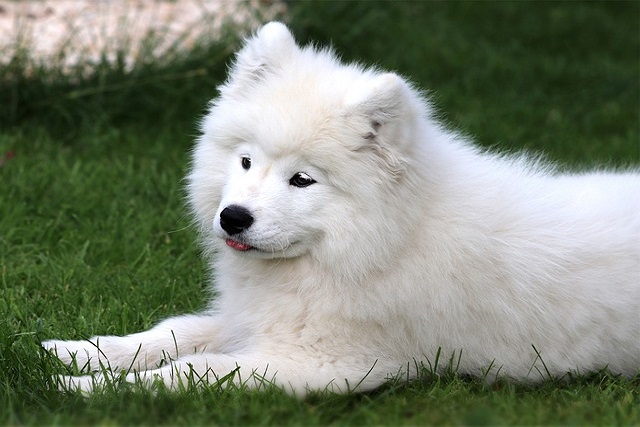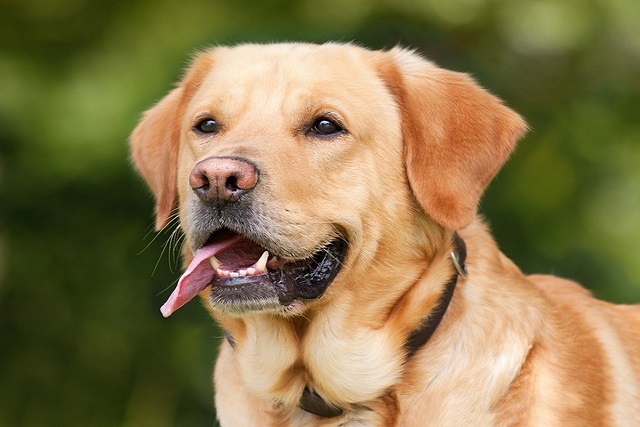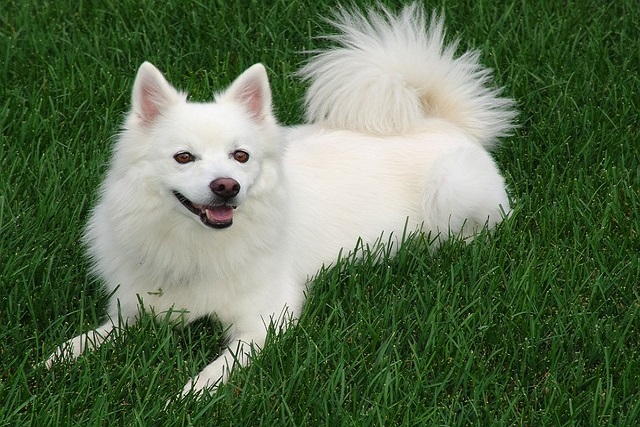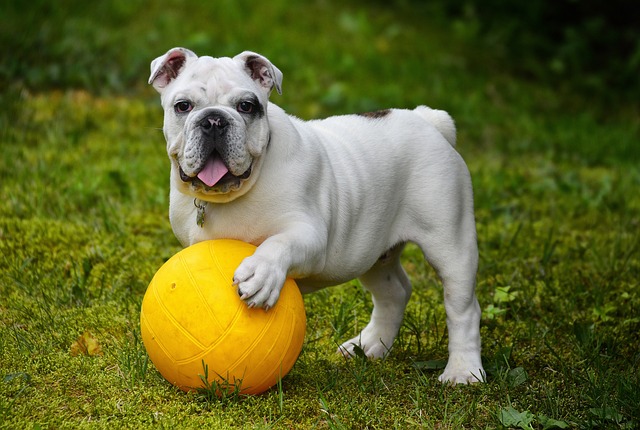
how often should i bathe my dog in the summer
There's nothing quite like the smell of a dog who's been rolling in sun-baked grass, swimming in lakes, and generally living their best summer life—until
In the warm moments when we get along with our dogs, their lovely appearance and lively personalities always bring us endless joy. However, when a dog approaches us and its mouth emits a pungent odor, that intimate interaction will inevitably be affected. A dog's oral health is not only related to the freshness of its breath but also closely connected to its overall health condition. And dog oral care snacks, as a powerful assistant in safeguarding a dog's oral health, are quietly playing a magical role.
The design of dog oral care snacks is based on an in-depth study of a dog's oral physiological structure and common problems. A dog's mouth is filled with various bacteria. After daily feeding, food residues are likely to remain in the gaps between teeth and around the gums. Over time, these residues will be decomposed by bacteria, producing an unpleasant smell, which is what we commonly call bad breath. What's more serious is that the massive growth of bacteria may also trigger oral diseases such as gingivitis and dental calculus, affecting the dog's eating and quality of life. Oral care snacks have emerged precisely to address these issues.
In terms of ingredients, high-quality oral care snacks usually contain a variety of ingredients beneficial to oral health. Among them, enzymes are a key ingredient. Enzymes have a highly efficient catalytic effect and can decompose organic substances in the mouth, including food residues and metabolic products produced by bacteria. For example, amylase can decompose starchy residues in food, preventing them from fermenting and deteriorating in the mouth; protease can act on protein substances, reducing the nutrient sources for bacteria growth. Through the action of enzymes, the environment in the mouth is purified, and the root cause of the generation of bad breath is effectively curbed.
In addition to enzymes, some oral care snacks also contain natural antibacterial ingredients, such as green tea extracts and mint extracts. Polyphenols, which are rich in green tea, have powerful antibacterial and anti-inflammatory effects. They can inhibit the growth and reproduction of harmful bacteria in the mouth, reduce the number of bacteria, and thus lower the risk of oral infections. Mint extracts not only bring a fresh smell and improve the dog's breath but also have a certain soothing effect, which can relieve mild gingivitis. When a dog chews snacks containing these ingredients, these natural antibacterial substances will be released in the mouth, like a "cleaning storm" in the mouth, eliminating harmful bacteria.

Another important way that dog oral care snacks work is through physical friction. During the process of a dog chewing the snacks, the texture and shape of the snacks play a key role. Many oral care snacks are designed to have a certain hardness and special textures, such as with protrusions, grooves, or irregular surfaces. When a dog chews vigorously, these special textures can act like small brushes, fully rubbing against the tooth surface, the gum line, and the gaps between teeth. This friction can effectively remove plaque and soft tartar on the tooth surface, preventing them from further calcifying into dental calculus. Just as the bristles of a toothbrush rub against our teeth to clean them when we brush our teeth, oral care snacks provide a convenient way for dogs to clean their mouths while enjoying delicious food.
On an emotional level, feeding a dog oral care snacks is also a wonderful moment for the owner to establish an intimate relationship with the dog. When we take out the snacks and call the dog's name, and the dog runs over happily with anticipation shining in its eyes, at that moment, the emotional bond between us and the dog is tightened instantly. While the dog is chewing the snacks, we can gently stroke its head and communicate with it tenderly. This interaction not only makes the dog feel the owner's love but also allows us to enjoy the warm time of getting along with the dog. Every time we feed oral care snacks, it's like a special date, full of love and care.
Moreover, the existence of oral care snacks also adds a bit of fun to a dog's monotonous diet. Dogs naturally love to chew, and chewing is not only a necessary process for eating but also an instinctive need for them. The emergence of oral care snacks satisfies the dog's chewing desire, allowing them to exercise their oral muscles while enjoying the delicious taste. When a dog is immersed in the joy of chewing snacks, its mood will also become pleasant, and this positive emotional state also has a positive impact on the dog's physical and mental health.
Dog oral care snacks comprehensively protect a dog's oral health through their unique ingredients, physical friction, and emotional interaction with the owner. They not only solve practical problems such as bad breath and the growth of oral bacteria in dogs but also build a warm bridge for the intimate relationship between us and our dogs. As owners, we deeply understand that our dog's health is our greatest happiness, and choosing the right oral care snacks is a solid step we take towards a healthy mouth for our dogs. Let us convey our deep love for our dogs in every feeding, and watch them have healthy and white teeth, showing bright smiles, and accompanying us through more wonderful times. Because every dog is the most precious treasure in our lives, and their health and happiness are worth our dedicated protection.

There's nothing quite like the smell of a dog who's been rolling in sun-baked grass, swimming in lakes, and generally living their best summer life—until

Imagine you’re in your Chicago apartment, kneeling beside your 1-year-old Goldendoodle, Max, who’s scratching his belly so hard he’s leaving tiny red marks.

The supplement aisle at your local pet store can feel overwhelming—rows of bottles promising everything from joint support to boosted immunity for your dog.

Puppies tumble into crates like they’re discovering a cozy cave, but as they grow, that same space can start to feel small—both physically and emotionally.

German Shepherd puppies start teething around 3 to 4 months old, and it’s a messy, sometimes destructive phase.

Imagine you’re in your Los Angeles apartment, sitting on the couch while your 1-year-old Lab mix, Max, scratches his belly so hard he’s leaving red marks.